This section is for paid subscribers only. Our subscription is only $3700/- for one full year.
You get unlimited access to all paid section and features on the website with this subscription.
Subscribe to read full article
This section is for paid subscribers only. Our subscription is only $37/- for one full year.
You get unlimited access to all paid section and features on the website with this subscription.
Not ready for a full subscription?
You can access this article for $2, and have it saved to your account for one year.
- Release Date1959
- GenreRomance
- FormatB-W
- LanguageHindi
- Run Time133 min
- Length4064.81 metres
- Number of Reels16
- Gauge35 mm
- Censor RatingU
- Censor Certificate Number91759
- Certificate Date17/10/1979 (Re-certification)
- Shooting LocationCentral & Madan Studios
IT'S A STRANGE WORLD : the world of films. The lives of those who populate it are like flowers of paper : beautiful to behold but artificial nevertheless, lifeless and without fragrance.
Suresh Sinha's life, too, - even though he was one of the most successful film directors, - was dull and devoid of fragrance. His wife Bina (pet and pampered daughter of the wealthy Sir B.B. Varma) considered his vacation "vulgar". She preferred to return to the fold of her parents, and in order to keep her daughter Pummy unsullied by the contamination of the film world, she had her admitted in the public school at Dehra Dun.
Suresh betook himself to Dehra Dun to see his daughter, but her mother had left instructions that he should not be allowed access to her. He proceeded to Delhi, to meet Bina, but she had no desire of seeing him. It was, verily, a disappointed and disillusioned Suresh who strayed into a park and chanced upon Shanti, an orphan girl, a poor homely creature of great sensitivity.
When he got back to Bombay, he found great turmoil in the producer's office, for the heroine had demanded drastic change in the story of their next film. Director Sinha brought things to a head by telling the producer that the latter could have either the heroine or the director. But, of course, the producer had no choice, for director Sinha was at the Zenith of his career, with a succession of successful films to his credit.
Director Sinha now had to find a new heroine. He did not have to quest long, though, for he chanced once again upon Shanti. He persuaded her to work in films, and despite the producer's protest cast her as the heroine of the film. She proved as much as success as the film did.
Unaware of the actual reason for the estrangement between her parents, and taunted into action by her classmates who had stumbled on some scandal sheet, Pummy arrived in Bombay, with the set purpose of bringing about a rapprochement between her parents. She pleaded with Shanti, who agreed to "get out of the way". Shanti gave up her newfound career and began teaching school. The brief platonic companionship she had provided had invested Suresh's life with a new meaning, brought him new inspiration. Deprived suddenly of the new inspiration, director Sinha became listless, lost all interest in life and in his work. He began a slide down to utter anonymity. The hands that had clapped appreciation now hurled brickbats at him. No one paid any heed to anything he said, no one even glanced into the inner well of his loneliness. He suffered without succor, without sympathy.
And he grew old in the film world; discarded by all those he had dusted off the ground and raised to the pinnacle of glory.
He grew old, and destitute. His daughter, who was grown into youth, was getting married, but he had nought to give her, not even a mean gift.
He was a non-entity now in his own domain of the film studio. Memories in his heart and tears in his eyes, he entered the studio as an extra. Even he walls of the sound stage seemed to close in on him, and he fell... unconscious... on the director's chair. From the strange world in which flowers of paper bloom, he faded away...........
[From the official press booklet]
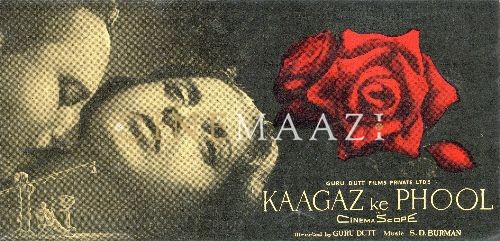
Cast
Crew
-
BannerGuru Dutt Films, Bombay
-
Director
-
Producer
-
Music Director
-
Lyricist
-
Screenplay
-
Dialogues
-
Cinematography
-
Editing
-
Sound Recording/ Audiography
-
Production Controller
-
Costumes
-
Make-up
-
Laboratory/ Processed atFamous Cine Lab, Tardeo
-
StillsKamat Foto Flash
-
Publicist/P.R. O.
-
Publicity DesignPamart
-
Art Direction
-
Song Recording









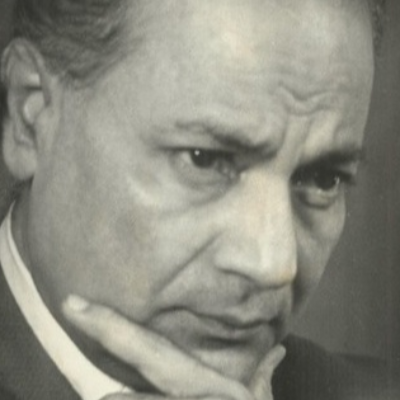


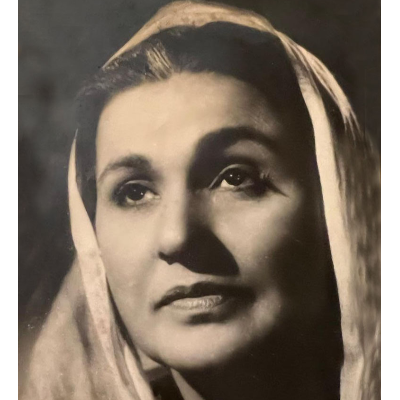

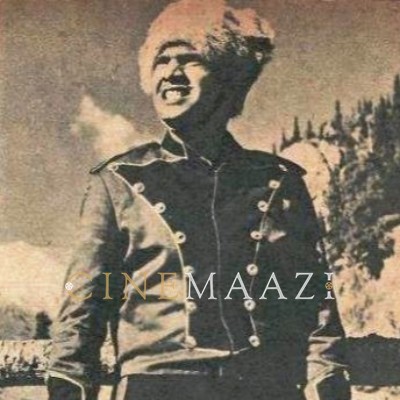
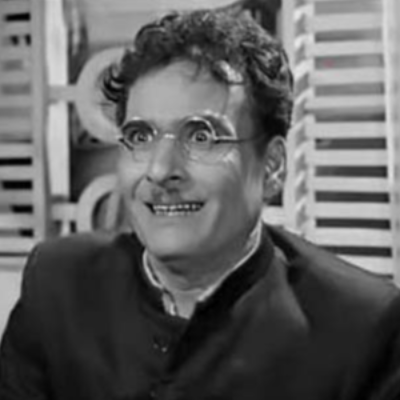



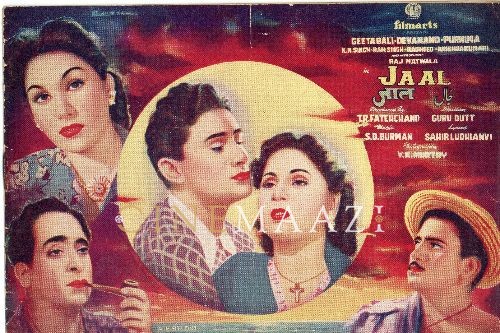

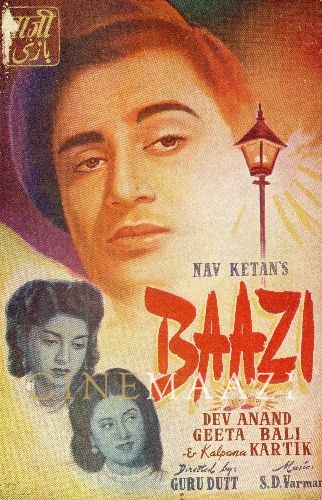

.jpg)



